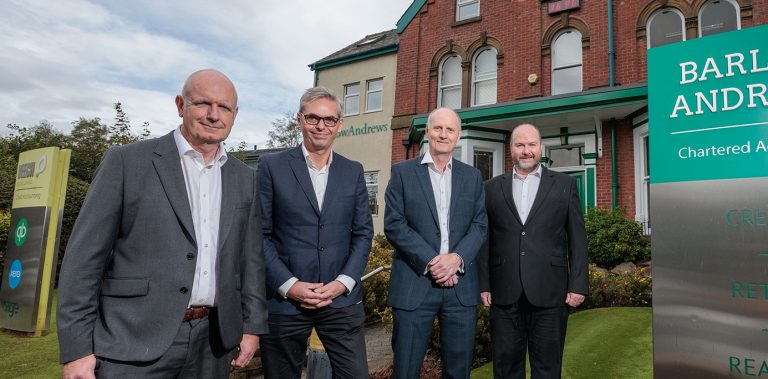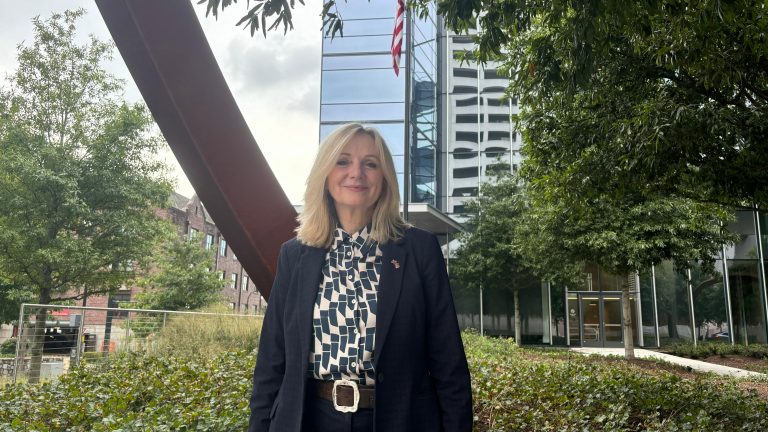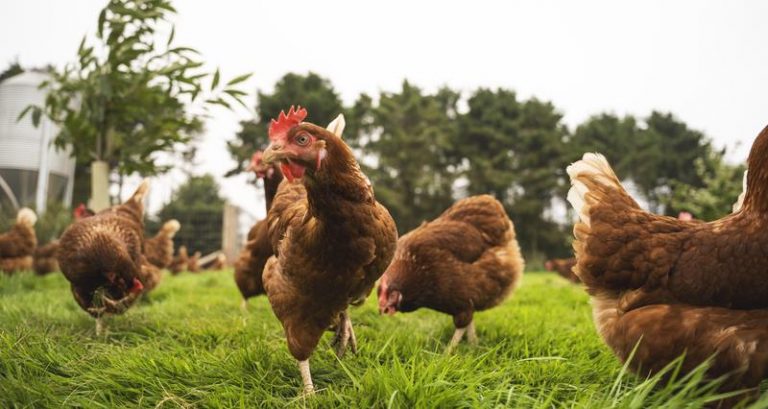ABB acquires businesses in Bolton
Government consults on plans to modernise pension schemes
UK agriculture is at a crital crossroads, warns industry expert
As many as one in ten UK farmers could abandon the industry ahead of the new government’s Autumn Budget on the back of Capital Gains Tax and reduced subsidies, putting the future of British agriculture at risk, according to an agriculture expert.
Mark Chatterton, Head of Agriculture at Duncan & Toplis accountancy and business advisers, notes that a significant proportion of farmers in the East Midlands are currently considering selling their land, giving it to the next generation, or contracting out to bigger businesses.
He said that as farmers grappled with economic uncertainty, faced shrinking financial support and two successive poor harvests, the sector simply can’t survive without urgent investment. “The future of British farming is at a critical crossroads. This Autumn’s Budget could deliver a devastating blow if Capital Gains Tax is hiked as expected. Farmers are already struggling after poor harvests and diminishing subsidies—another financial hit may push many out of the industry for good.
“Confidence is at an all-time low, with DEFRA figures showing that nearly half of farmers fear for the future and the NFU revealing that confidence in the sector is at its lowest since records began. The Sustainable Farming Incentive is the last lifeline for many, but even that is only guaranteed for three more years. Without urgent investment, we could see a collapse in agricultural production.
“The new government has vocally affirmed the UK’s agricultural sector as a matter of the utmost national security – and I couldn’t agree more. I’d urge the government to apply firm and consistent support for the sector when it needs it most.
“For struggling farmers, we’re seeing an increasing number taking stock of their options. Those without clear succession plans seem to be considering seizing the opportunity to capitalise on historically high land prices before it’s too late. This makes sense to a degree, as waiting could prove a costly mistake if the Autumn Budget diminishes financial prospects further, but what could this mean for the sector as a whole?”
Mark Chatterton’s comments come as speculation grows that this year’s Autumn Budget will include major tax reforms, with Capital Gains Tax possibly rising to 45% and changes to Inheritance Tax expected to bring more farmers into its scope.
“Although the government has promised new measures to boost confidence in agriculture, it has yet to provide clear timelines. Chatterton says, “Farmers are hoping the Autumn Budget will turn these promises into reality – one with clear and decisive deadlines and deliverables.”
Leeds office building bought for £78m
Progeny appoints Director of Data and Digital
Key Capital invests in cruise technology company
Sheffield pilot scheme looks to boost health and wellbeing in the workplace
Businesses take on Nashville with West Yorkshire Mayor to secure trade deals and regional growth
285,000 sq ft urban logistics scheme acquired in South Yorkshire for £43.7m
Harworth, a regenerator of land and property for sustainable development and investment, has completed the acquisition of Catalyst, a 285,000 sq ft, Grade A, urban logistics estate in Rotherham, South Yorkshire. The £43.7m purchase price reflects a net initial yield of 5.4%.
The asset, completed in 2023, is strategically located adjacent to the Group’s flagship industrial development and major UK manufacturing hub, the Advanced Manufacturing Park (AMP). Comprising of five units, the scheme is currently 90% let to a diverse range of occupiers, with a WAULT of 6.6 years to break and 10.1 years to expiry. Harworth is confident of securing a letting for the final 28,000 sq ft, and when fully let the scheme will generate £2.5m of annualised rent. The acquisition provides an opportunity to implement tailored asset management initiatives and deliver additional value across the wider AMP, where Harworth continues to see strong demand from occupiers, and rents have recently exceeded £10 per sq ft. Lynda Shillaw, Chief Executive, Harworth, said: “This acquisition, the largest of an Industrial & Logistics investment asset in Harworth’s history, aligns with our strategy to grow our high-quality Investment Portfolio. It also continues our track record of strategic site assembly, providing an opportunity to extend the AMP, further establishing it as one of the leading manufacturing and distribution centres in the region. “Increased direct development and the retention of Grade A Industrial & Logistics assets across our major sites, supplemented by select, income producing acquisitions, is core to our strategy, whilst we will also look to recycle properties where value has been maximised through completed asset management initiatives.”Premier Technical Services Group acquires Scottish electrical testing company
Leeds engineering services group eyes renewable energy services market with acquisition
The acquisition represents a compelling strategic fit for Renew, entering the high-growth renewable energy services market with a leading position, in line with the group’s stated strategy of capitalising on the green energy transition.
Renewable energy is forecast to become the largest component of Europe’s total energy mix by 2050. The onshore wind market is well-established and forecast to grow at 7.7% CAGR over the next six years.
Paul Scott, Chief Executive Officer of Renew, said: “The acquisition of Full Circle represents an exciting opportunity for the Group to enter a high-growth, and fragmented onshore wind services market.
“Full Circle operates a scalable technology-enabled platform across a diverse customer base with existing long-term contracts and a fast-growing brand in the UK and across Europe. The company’s proven track record in its core markets, and highly experienced management team mean the business is well positioned to service other turbine technologies and geographies both through acquisition and an organic growth strategy.
“With governments across Europe reaffirming their commitments to achieving Net Zero by 2050, the addition of Full Circle’s industry-leading offering will allow us to play a pivotal role in supporting the green energy transition and benefit from the long-term, non-discretionary funding programmes that underpin it. I am delighted to welcome the Full Circle team to the Renew family.”
Bradford Council backs first phase of Mass Transit scheme
Network Rail moves into £26m former college building in Doncaster
South Africa poultry deal could be worth £160m to UK producers
“We’re one step further on our journey to securing better trade deals for UK farmers, improving industry resilience and kickstarting our food exports.”
South Africa has historically been an important market for UK poultry, with exports of poultry worth over £37 million to South Africa in 2016. Teams from across government have worked in combination with their counterparts in South Africa for many years to regain market access. International Meat Trade Association CEO Katie Doherty said: “The reopening of South Africa for UK poultry meat exports is fantastic news for UK producers and exporters – prior to the ban, it was a vital market for UK exporters.“It is testament to all the hard work by Defra’s market access team and the agricultural attachés and other officials who have supported this crucial work over many years, for which we are very grateful.”
1,000 jobs lost as TGI Fridays goes into administration
Sheffield Forgemasters help with restart of world’s oldest working nuclear reactor
East Lindsey businesses warned about new ‘licence expiry’ scam
National Grid put under pressure to ‘come clean’ over costs in pylon plan
National Grid is being pressured by Lincolnshire County Council’s legal department to share the data used to justify its claim that 400 pylons running through Lincolnshire are cheaper than seabed cabling.
- They are deliberately using out of date costings to justify pylons over seabed cabling.
- They are ignoring indirect costs like the compensation they would need to pay to land and property owners, the extra infrastructure needed to allow for the maintenance of the network and the compensation that councils would claim for loss of tourism.
- They have not considered other alternatives like investing in existing pylon networks to boost their capacity.






















